The Franxini Project fosters mutual understanding between science, politics, and society by equipping researchers to engage effectively in democratic decision-making processes.
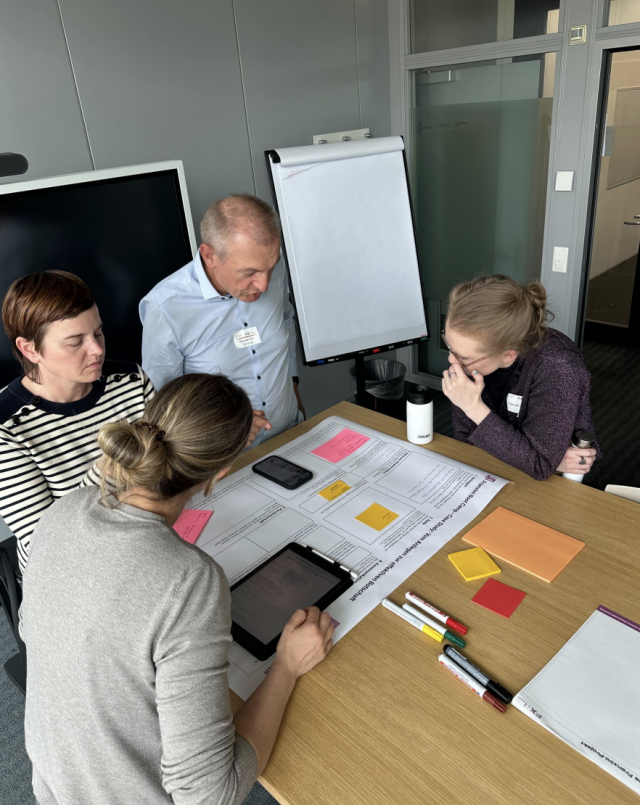

The Franxini Project fosters mutual understanding between science, politics, and society by equipping researchers to engage effectively in democratic decision-making processes.
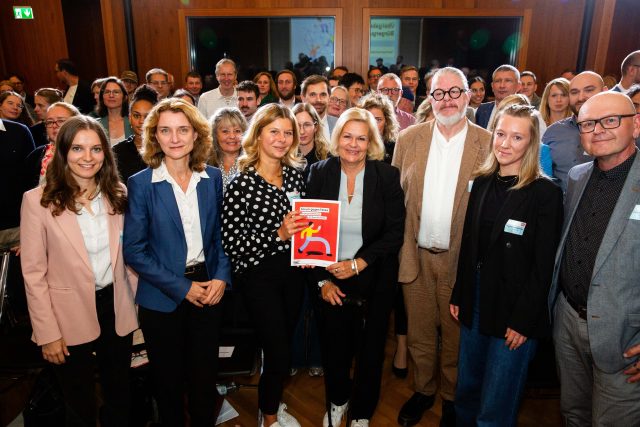
The Forum against Fakes – Together for a Strong Democracy fosters a nationwide, inclusive debate to combat disinformation and strengthen democratic trust in Germany.
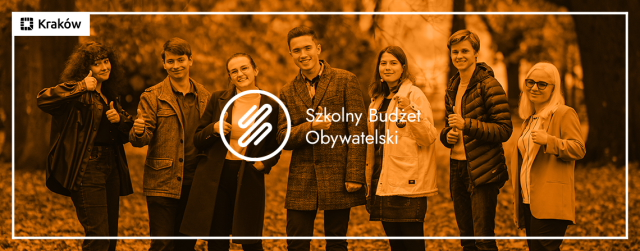
The School Participatory Budget in Krakow empowers students to make real decisions about their school environment through a structured, democratic process.
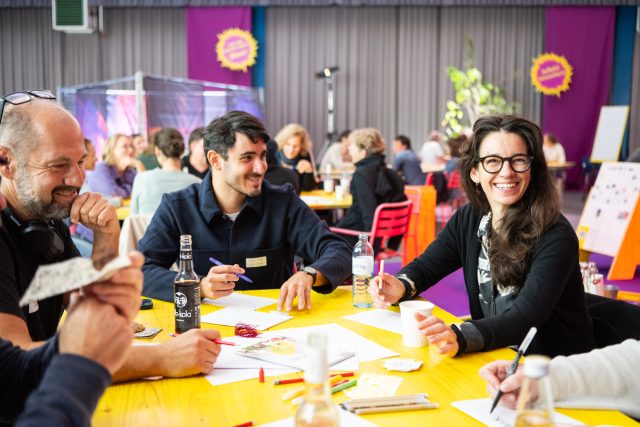
The Office for Participation and Empowerment is a key institution of the City of Vienna dedicated to advancing participation and democracy by fostering co-creation and inclusive collaboration.
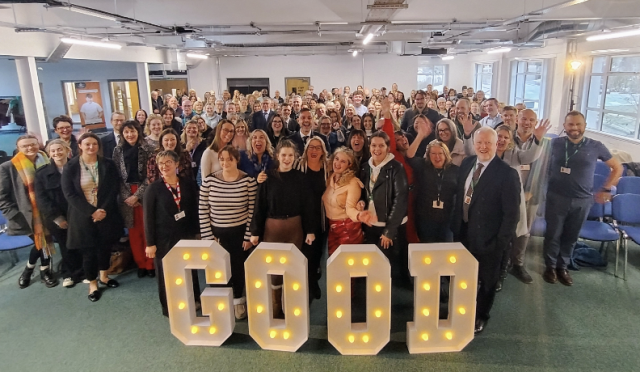
This initiative by Cumberland Council champions care-experienced children and young people, tackling inequalities and empowering their voices across employment, education, and community opportunities.
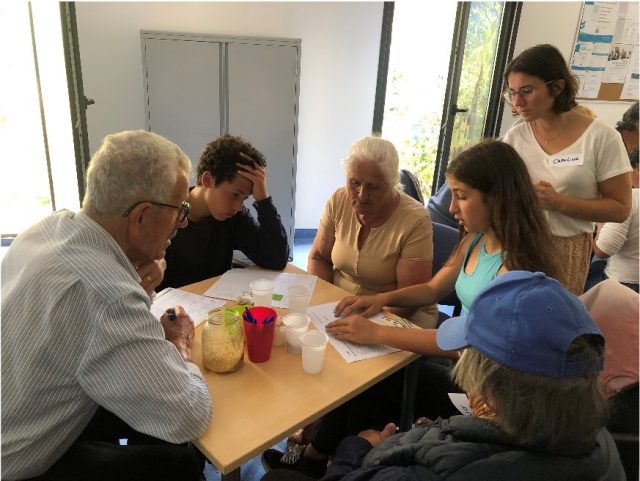
The Territorial Valorisation Network is a municipal public policy in Cascais that strengthens democratic planning in critical urban areas through structured citizen participation and collaborative problem-solving.
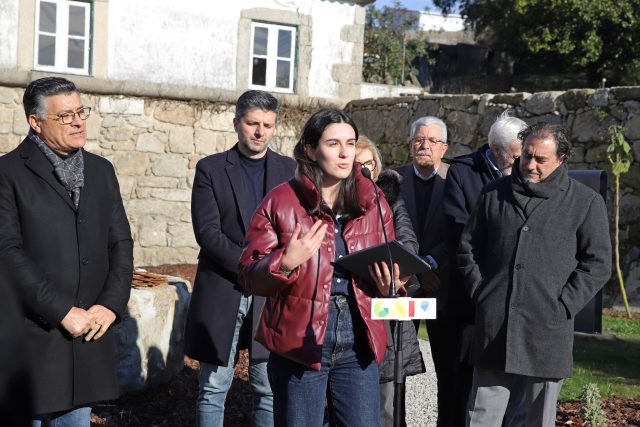
GPB + Youth is a participatory democracy mechanism with a deliberative nature, giving young people in Gaia – aged 13 to 30 – the power to decide how municipal public funds should be invested.
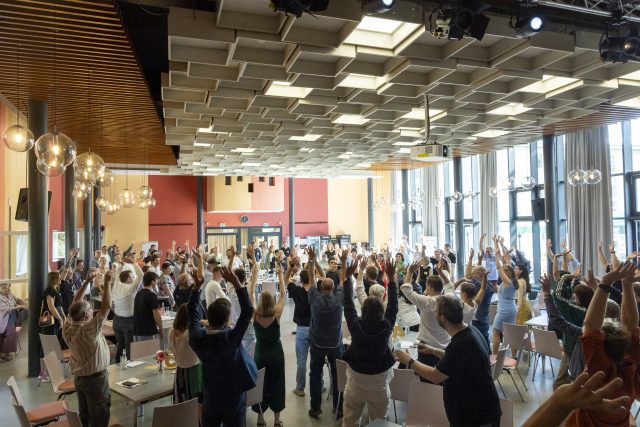
This project reimagines Germany’s electoral districts as spaces for inclusive, structured dialogue between citizens and their elected representatives to rebuild trust in democracy.
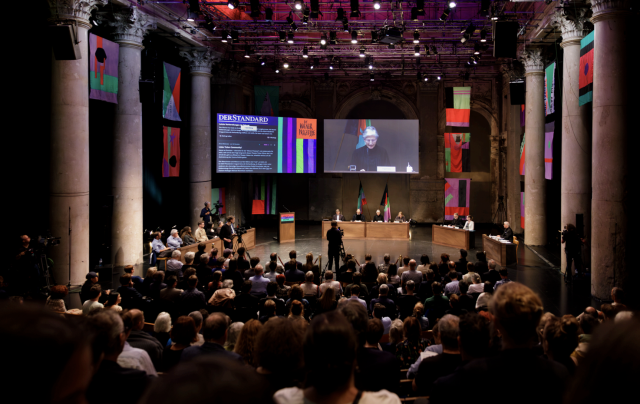
Free Republic of Vienna is a pioneering cultural initiative that radically democratises decision-making within Europe’s largest cross-over festival by empowering citizens to co-shape its future.
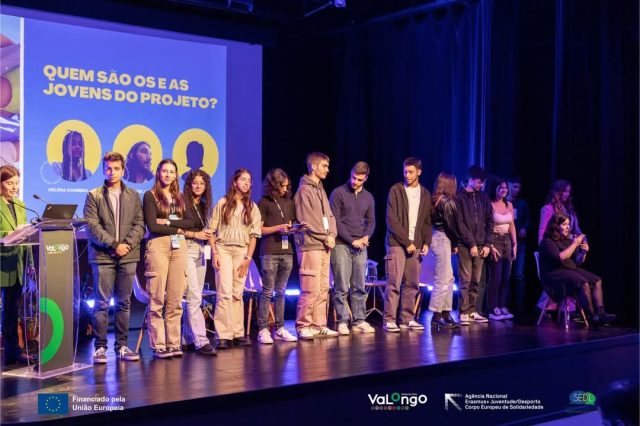
Empower Young Voices is a youth-led initiative enhancing civic engagement and local influence among young people aged 12 to 29, shaping municipal policies through skills-building, participation, and dialogue.
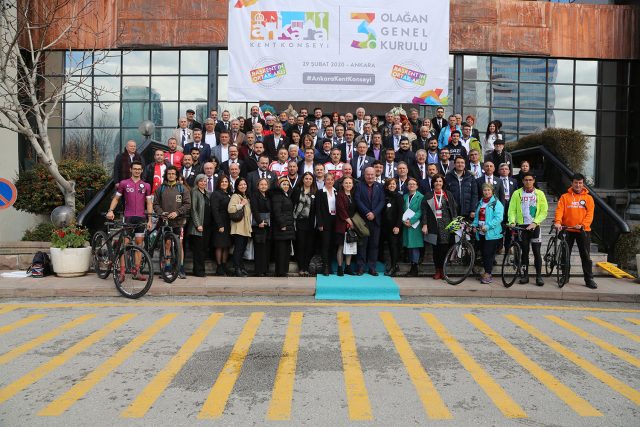
This innovative Citizens’ Assembly fosters trust and engagement among citizens and local stakeholders, building a more resilient and cohesive social and political landscape across the City of Ankara.
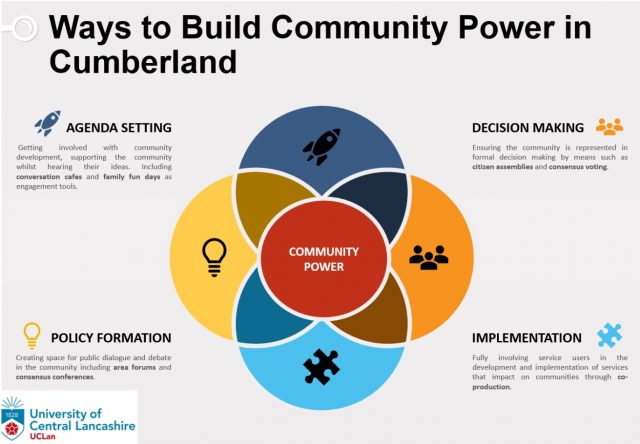
Community Power brings low-income communities together with Cumberland Council to co-create new ways to work together.
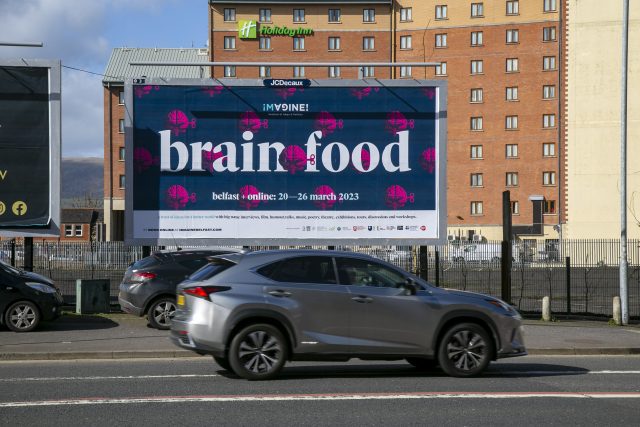
The Imagine! Belfast Festival of Ideas and Politics invites you to imagine new ideas on politics and culture and discuss contemporary political and societal issues.

Granting rights to the Mar Menor and its basin strengthens social democracy and opens the way to furthering ecological justice with a new generation of rights for nature, which complement human rights.
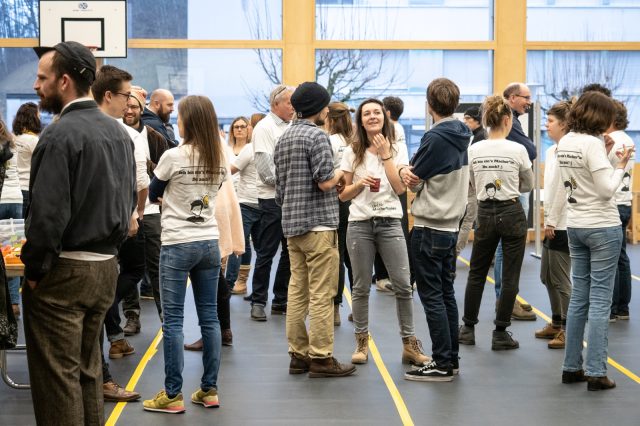
The Mini.Stadt participation strategy has led Lichtensteig to become an innovative, modern, and cosmopolitan place, in the middle of rural and mostly conservative surroundings.
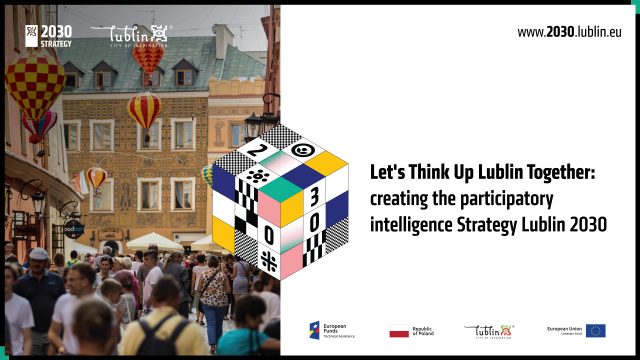
In a complex process, carried out between 2019 and 2022, a widely accepted vision for Lublin in 2030 was agreed upon with a strategy for the development of Lublin.
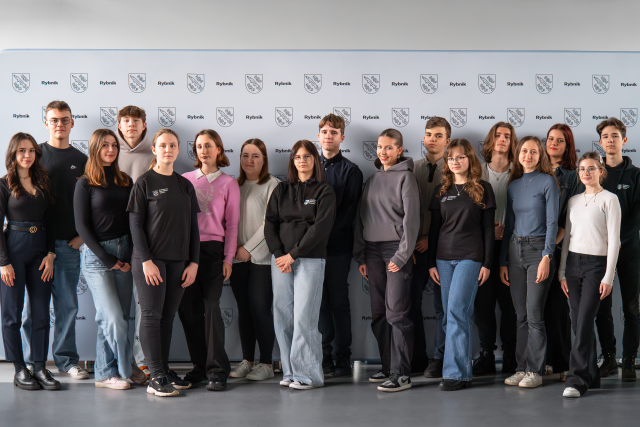
Youth Participatory Budgeting aims to support the development of ideas, engage students in selecting the most appropriate initiatives, and help young people learn how to make collective decisions in their school communities.
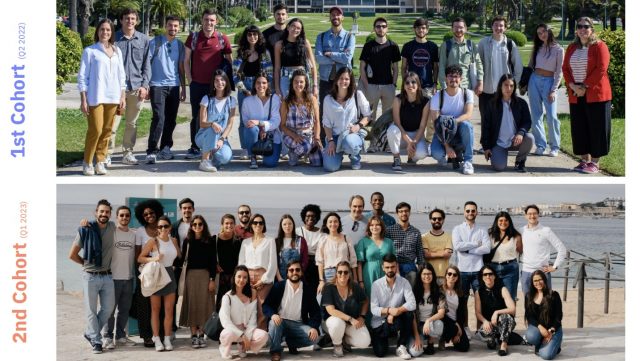
The Next Generation Academy is a non-partisan political leadership incubator which aims to sustain the renewal of political candidates across all political parties and boost the quality of Portuguese democracy.
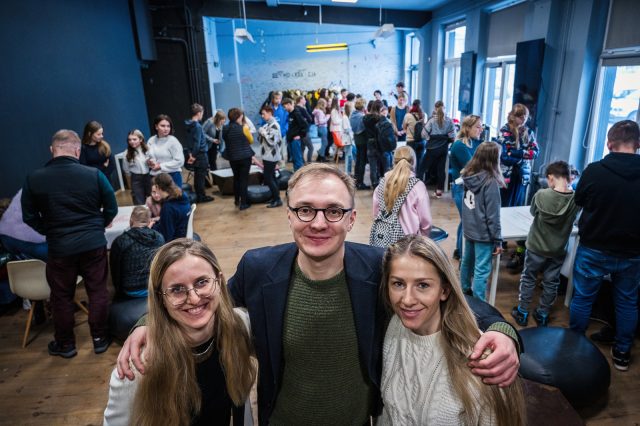
The School Participatory Budget is a democratic process in which selected educational institutions co-decide on the division of a budget allocated to them.
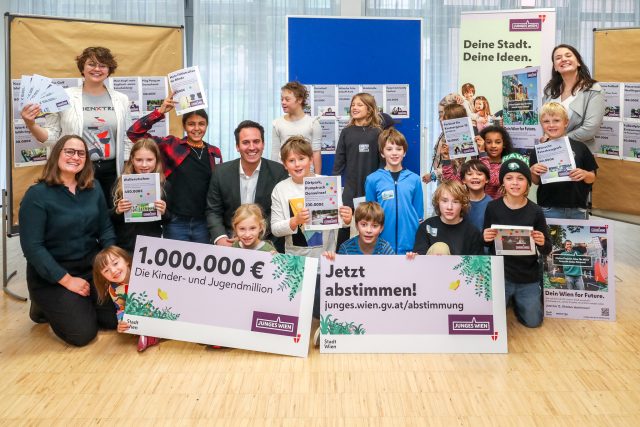
With the Participatory Children’s and Youth Million, young people in Vienna submit their ideas and decide themselves which of their projects will be implemented with 1 million EUR.